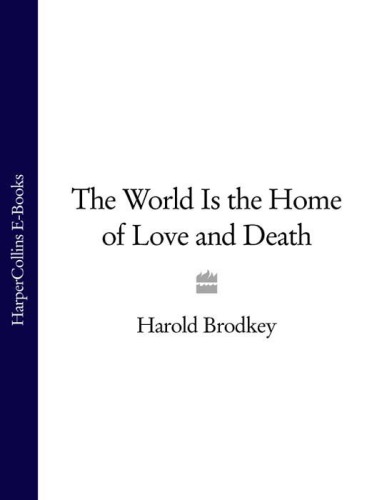
The World Is the Home of Love and Death
کتاب های مرتبط
- اطلاعات
- نقد و بررسی
- دیدگاه کاربران
نقد و بررسی

Starred review from September 29, 1997
When Brodkey died last year, he was not only near the height of his powers as a writer of short stories (always his strong suit), he was also, still, at the forefront of the genre and a grand master of psychological realism. Unfortunately, not all these stories seem finished. "A Guest in the Universe," his reminiscence-a-clef of a 1950s literary brunch, falls apart at the end. So does "Dumbness Is Everything," a 17-page description of a bout of drunken lovemaking--and yet either of these stories cram as much credible wisdom (the first historical, the second sexual) into a single page than many good novelists manage to squeeze between two covers. Like most of the rest of the volume, these stories chronicle the troubled, charmed life of Brodkey's alter-ego Wiley Silenowicz; several return to childhood scenes treated in earlier works. That comes as no surprise. Brodkey aims for a fractal effect: each sentence merely deepens what we already know about his hopelessly interrelated obsessions--grownups and children (family), grownups and grownups (sex) and American speech ("Americanola"). Brodkey's legendary self-absorption is ever-present: "I had been ordained as a poet by some critics although I wrote prose," he writes in "A Guest." "he term meant that I was a Jew and used adjectives and was a smart-ass and it also meant that I was politically unidentifiable. It didn't mean that I was a poet except with some critics, and by poet they meant eccentric and competent--no more than that." Perhaps, but readers of poetry will recognize in this last collection a self-consciousness--a continual, hesitant struggle to capture acts of noticing, remembering, speaking--that we have come to expect from the best poets. Whether Brodkey would want the praise or not, it belongs to him.

























دیدگاه کاربران